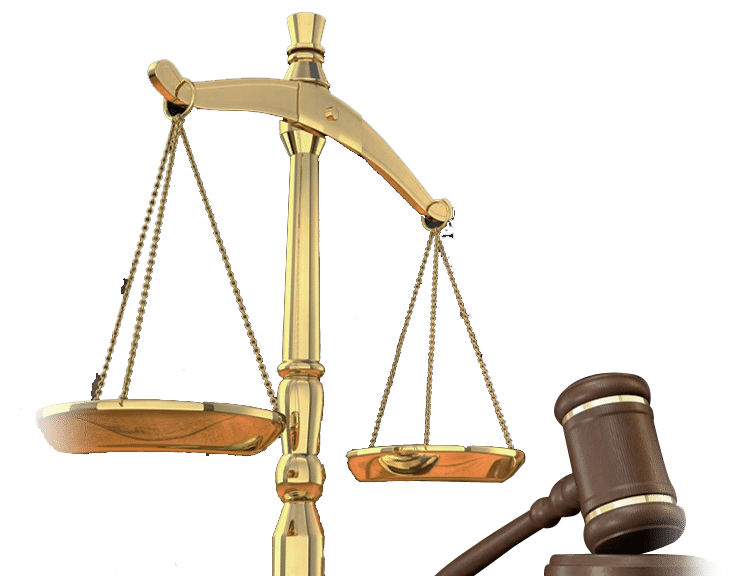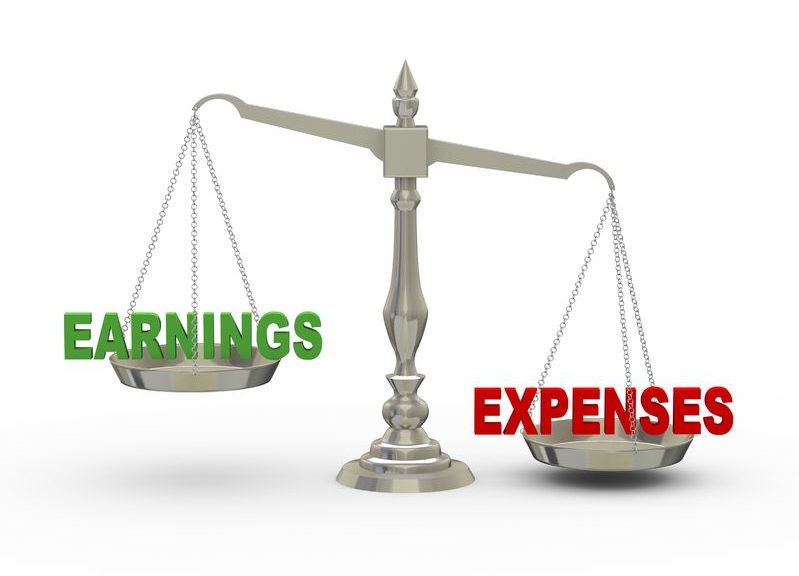If you plan to file for bankruptcy, you may be worried about what affect it might have on your job. Will your employer find out about your Chapter 7 or Chapter 13 bankruptcy? Can you be fired because of the bankruptcy? And what if you are applying for a job — can a employer deny you a job because you filed for bankruptcy?
Although in some cases your employer will find out about your bankruptcy filing (especially with Chapter 13 bankruptcies), rest assured that in most situations your bankruptcy won’t affect your current employment. However, it may come into play if you are applying for a non-government job.
Will You Lose Your Job?
No employer — government or private — may fire you because you filed for bankruptcy. Nor may an employer discriminate against you in other terms and conditions of employment — for example, by reducing your salary, demoting you, or taking away responsibilities — because of your bankruptcy.
However, if there are other valid reasons for taking these actions, the fact that you filed for bankruptcy won’t protect you. In other words, an employer who wants to take negative action against you can do so provided there are other valid reasons to explain the action — such as tardiness, dishonesty, or incompetence. But if you are fired shortly after your bankruptcy is brought to your employer’s attention, you may have a case against the employer for illegal discrimination because of your bankruptcy.
How Employers Find Out About Bankruptcy Filings
In practice, employers rarely find out about a Chapter 7 bankruptcy filing. However, if a creditor has sued you, obtained a judgment, and started garnishing your wages, your employer will get the news. The bankruptcy will stop the wage garnishment, and your employer will be notified about it. In such a situation, your employer (or at least the payroll department) already knew you were having financial problems and will probably welcome the bankruptcy as a way for you to take affirmative steps to put your problems behind you.
If you file for Chapter 13 bankruptcy, your employer is likely to learn of your bankruptcy case. If you have a regular job with regular income, the bankruptcy judge may order your Chapter 13 payments to be automatically deducted from your wages and sent to the bankruptcy court. (This is called an “income deduction order.”) In effect, your employer will be pressed into service as a sort of collection agency, to make sure you honor your Chapter 13 plan.
Security Clearances
Many jobs require a security clearance. If you are a member of the armed forces or an employee of the CIA, FBI, another government agency, or a private company that contracts with the government, you may have a security clearance. Do you risk losing your security clearance if you file for bankruptcy? Probably not — in fact, the opposite may be true. According to credit counselors for the military and the CIA, a person with financial problems — particularly someone with a lot of debt — is at high risk for being blackmailed. By filing for bankruptcy and getting rid of the debts, you substantially lower that risk. Bankruptcy usually works more in your favor than to your detriment.
Effect of Bankruptcy on Job Applicants
No federal, state, or local government agency may take your bankruptcy into consideration when deciding whether to hire you. There is no corresponding rule for private employers, however, and some people find that having a bankruptcy in their past comes back to haunt them, particularly when applying for jobs that require them to deal with money (bookkeeping, accounting, payroll, and so on).
Many private employers conduct a credit check on job applicants as a matter of course and will find out about your bankruptcy from the credit report. While employers need your permission to run a credit check, employers can also refuse to hire you if you don’t consent. If you’re asked to give this authorization, consider speaking candidly about what the employer will find in your file. Being honest up front about problems that are truly behind you may outweigh any negative effects of the bankruptcy filing itself.










